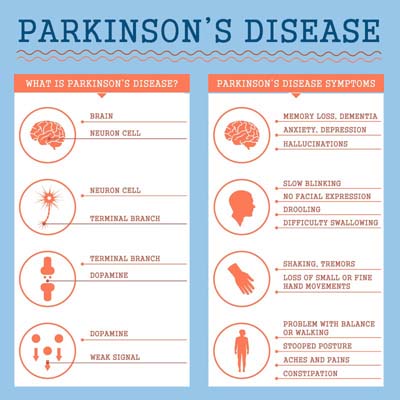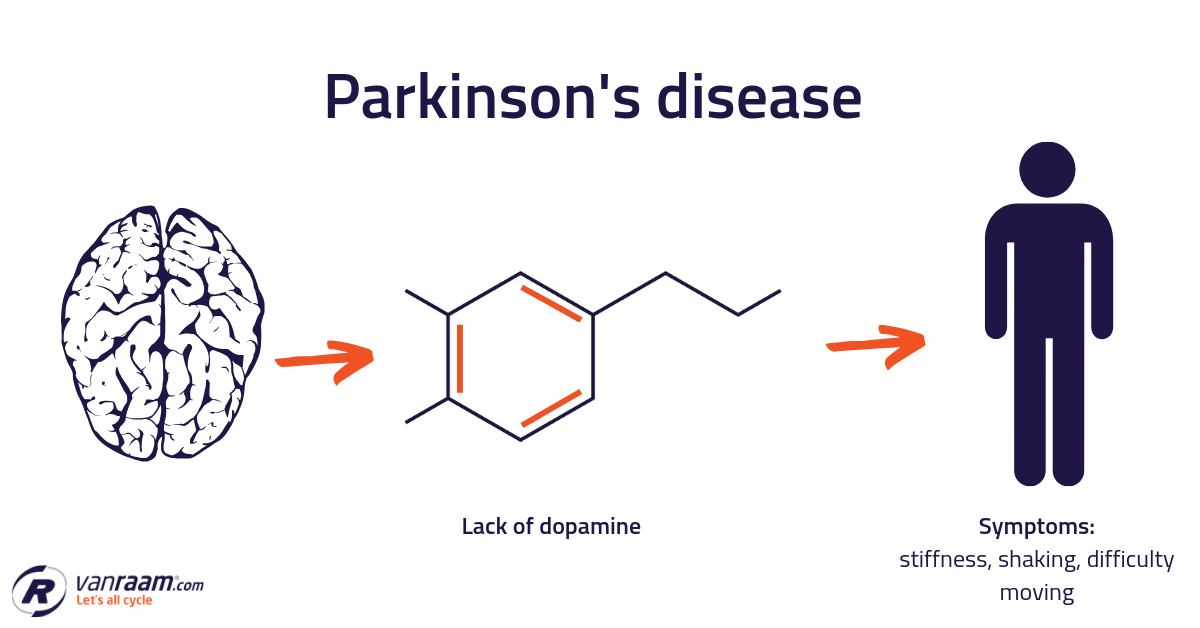
Parkinson's disease is a progressive disease that affects the brain and central nervous system of the body
A patient with this condition will have difficulty controlling movement. Symptoms will include weakness, decreased coordination, and loss of motor control. These symptoms are usually present in both men and women.
It has been found that people with Parkinson's disease are more likely to be depressed than usual. Depression can have very serious consequences for the mental and emotional state of the patient. To be treated for Parkinson's disease, there must be a cure for the disease. In some cases, doctors use medications to help the patient manage symptoms.
Doctors can treat Parkinson's disease with antidepressants. Antidepressants reduce the amount of dopamine in the brain. Dopamine is a chemical that controls muscle movement. Without enough dopamine, a person may be unable to perform certain movements, such as walking or standing.
Doctors sometimes use antipsychotics to help patients manage the symptoms of Parkinson's disease. Antipsychotics help control muscle spasms and reduce tremors. They can also affect certain brain chemicals that help control mood and anxiety. When used for a long time, antipsychotics can be addictive and addictive.
There are several other treatments for Parkinson's disease. These can include surgery, electroconvulsive therapy, and medications. Each has a different set of symptoms that need to be treated. The doctor will use medications and therapy in combination with each other to help the patient manage their symptoms.
If you think that you may be suffering from Parkinson's disease, then you should talk to your doctor. They can determine the best treatment option for you. The treatment options for Parkinson's are based on the severity of the disease. If the symptoms are mild, doctors may not prescribe any medications or surgery.

If the symptoms are moderate to severe, doctors may recommend anti-depressants and neuroleptic drugs to help deal with the symptoms. If these treatments do not provide the patient with relief, doctors may consider surgery.
If you suspect that you may be suffering from Parkinson's disease, then it is important to speak to your doctor. Your doctor may be able to diagnose the disease and provide treatment options.
The first step in treatment is to determine the cause of the medical condition. When you know what the condition is, then you can take steps to treat the underlying cause. In addition, your doctor may be able to recommend a course of treatment for your condition.
For severe cases of Parkinson's, doctors may recommend surgery. This procedure involves removing a section of the brain or destroying the nerve roots to treat the condition. Other options include using medications to prevent the nerve roots from growing and controlling the muscle movement in the spine. Another option may involve using medication to slow down the movement of the muscles.
Doctors will often want to perform a brain scan before recommending treatment for Parkinson's. This is to determine if there are any other conditions that may be causing the symptoms, and to make sure that the cause is Parkinson's disease.
If doctors are unsure about what type of treatment is right for your condition, then they can refer you to a psychiatrist. Psychiatrists are trained to help patients deal with the various symptoms of Parkinson's. The doctor can also recommend a course of treatment to help a patient deal with the disease.
When a person is diagnosed with Parkinson's, then they may be given prescriptions for anti-depressants to deal with the symptoms. This medication is usually taken for a long period of time. The doctor can also suggest ways to avoid taking medications that will cause addiction. If anti-depressants are prescribed to patients, then they should have regular monitoring to make sure that the medication is still working.




